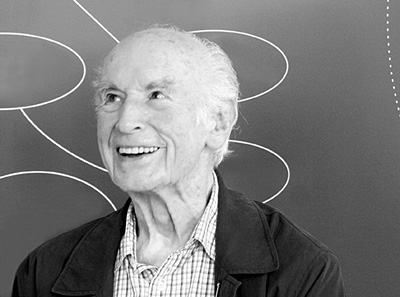On April 16, 1943, Swiss chemist Albert Hofmann recorded the first ever documented LSD intoxication experience, which fundamentally transformed human understanding of consciousness. During his work at Sandoz Laboratories, Hofmann experienced his first LSD exposure when he accidentally absorbed it through his skin during ergot alkaloid research he had synthesized in 1938. Such an accidental discovery launched a psychedelic investigation, which would revolutionize neuroscience and psychiatry studies.
Hofmann’s first LSD experience brought both distressing and valuable insights. The drug caused his mind to shift drastically through brilliant visual hallucinations and warped sensory processing that triggered a deep mental examination. On April 19, 1943, now celebrated as ‘Bicycle Day,’ Hofmann performed a controlled self-experiment and became recognized for his bicycle journey home under the drug’s influence. The controlled LSD experiment allowed scientists to observe standardized psychoactive effects and determine its powerful potency in microgram doses.
Research organizations first accepted LSD as a promising instrument when studying psychiatry along with mental health care treatment methods. Medical research teams conducted studies throughout the 1950s and early 1960s to test LSD as a treatment for depression, as well as addiction and terminal anxiety. Neuroscientists used LSD for brain function explorations to study human consciousness, leading to research developments that present relevant knowledge to contemporary psychopharmacology studies.
The course of LSD experienced a radical shift when it became a cultural phenomenon within the counterculture scene of the 1960s. The non-medical use of LSD spread rapidly, which resulted in escalating regulations, causing international governments to outlaw it.
Through his discovery, Hofmann demonstrated that scientific curiosity can uncover new dimensions of human experience. Since its accidental discovery, scientists have been studying LSD while patients use it for therapy, which continues reshaping medical and societal perspectives about this mind-altering compound.

